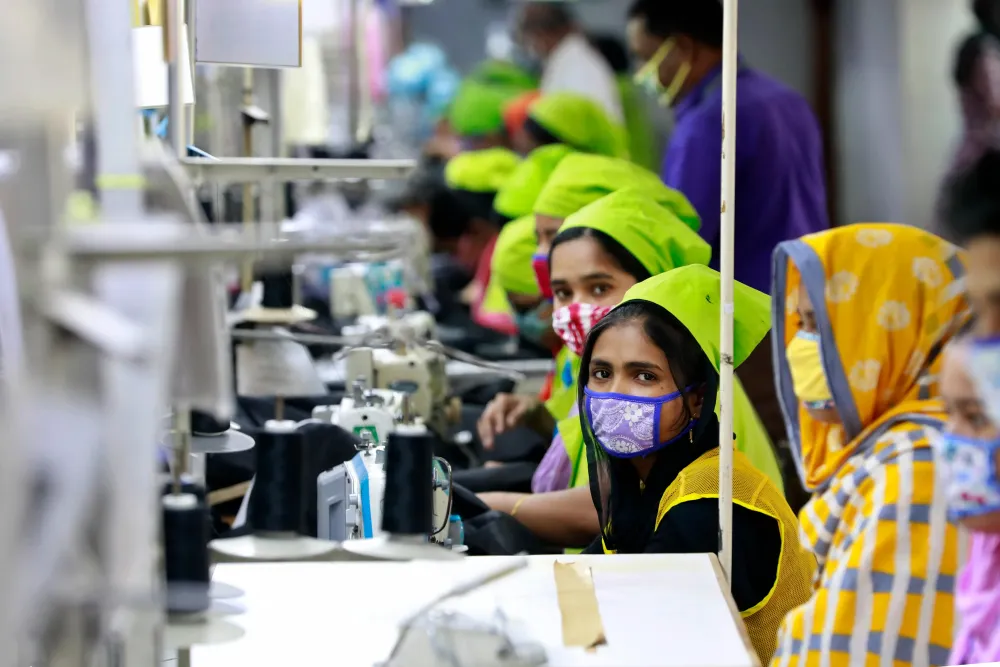
Chinese Supply Chain
China's COVID Lockdowns Evolve, But Same Problems Persist
China’s decline as an international manufacturing and supply base due to its draconian Covid regulations has resulted in new supply deals between the United States and India.
By India Index
4 min read
China's extensive manufacturing capabilities and its influential position in the global supply chain have faced persistent challenges since the onset of the COVID-19 pandemic due to the impact of stringent government policies aimed at preventing the spread of the virus. Recently, China announced a shift in its pandemic strategy from 'Zero-COVID' to 'Living with COVID,' prompting business owners to anticipate continued disruptions in the country's manufacturing and supply chains. This has led them to explore alternative suppliers in countries like India.
In 2020, China implemented stringent Covid-19 prevention measures, including large-scale testing and isolation protocols. Initially, these measures disrupted the supply chain, particularly during the winter Lunar New Year when factory workers traditionally return home. The government's efforts to prevent mass migration initially delayed the return of workers to their jobs, leading to concerns among Western markets, particularly in the United States, about the reliability of China's supply base. However, as the year progressed, China's stringent Covid-19 measures helped contain the virus, allowing factory cities to continue operating with some regularity.
The landscape shifted again in April 2022 with the Shanghai lockdown, which significantly impacted tech manufacturing centers supplying critical subassemblies to the IT industry. China's adoption of the 'Living with COVID' policy, which lifted most restrictions, has raised concerns about potential mass illness outbreaks and localized lockdowns, particularly with the highly contagious omicron variant. In anticipation, some industries, such as tech and textiles, have implemented early vacation periods to allow for recovery and travel. This has resulted in disruptions to productivity and forced many Small- and Medium-sized Enterprises (SMEs) to consider relocating to other territories.
Rising Covid-19 cases have also led to significant delays in postal services and transportation, affecting the Port of Shanghai and causing disruptions in international shipping. This has prompted several consumer countries to seek alternative supply bases. For example, Apple has entered into agreements with India's Trade and Industry Minister, Piyush Goyal, to diversify its manufacturing operations. Following disruptions at Foxconn's main iPhone plant in Zhenzhou, Apple has accelerated its plans to produce smartphones in India. This shift has already led to a substantial increase in iPhone exports from India, with Apple aiming to manufacture 20% of iPhones in India by March 2026.
Simon Geale, Executive Vice President of Procurement at Proxima, emphasizes the importance of predictability in supply chains. However, with the current uncertainty in China, many businesses are viewing the country as "predictably unpredictable."
Was this article helpful? 💡